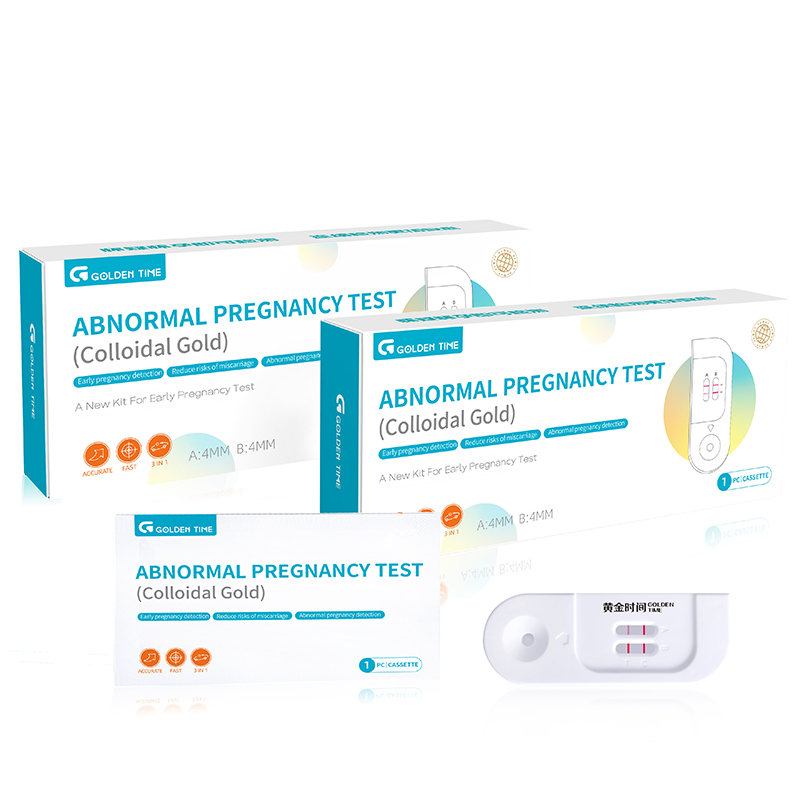8 月 . 15, 2024 09:23 Back to list
How to Purchase Reliable Hepatitis B Antigen Test Kits for Accurate Health Monitoring
Understanding the Hepatitis B Antigen Test Importance and Accessibility
Hepatitis B is a serious liver infection caused by the hepatitis B virus (HBV) that can lead to chronic disease and puts people at high risk of death from cirrhosis of the liver and liver cancer. Early detection and diagnosis play a crucial role in managing the disease effectively. One common diagnostic tool is the Hepatitis B Antigen Test, which screens for the presence of the Hepatitis B surface antigen (HBsAg) in the blood. This article explores the significance of the HBsAg test and how individuals can access this essential diagnostic tool.
What is the Hepatitis B Antigen Test?
The Hepatitis B Antigen Test detects HBsAg, indicating an active Hepatitis B infection. It is usually performed through a simple blood test, allowing healthcare providers to determine whether an individual is currently infected with the virus. A positive result means the person is infectious, which is crucial information for preventing transmission to others. Conversely, a negative result typically indicates no current infection, but it does not rule out past infections.
Why is the Test Important?
1. Early Detection The primary benefit of the HBsAg test is early detection. Identifying an active infection allows for timely medical intervention. Early treatment can help prevent complications such as chronic liver disease, cirrhosis, and liver cancer.
2. Preventing Transmission Understanding one’s Hepatitis B status is vital for preventing the spread of the virus. Knowing if one is infectious helps in taking necessary precautions to protect partners and family members.
3. Health Management For those diagnosed with Hepatitis B, the test results guide healthcare providers in monitoring the disease's progression and tailoring treatment plans. Regular testing can help assess the effectiveness of antiviral therapies.
4. Public Health Strategy Widespread testing can aid in public health initiatives by identifying populations at risk and enabling targeted educational and preventive measures.
buy hepatitis b antigen test

How to Access the Test
For individuals considering getting tested for Hepatitis B, several pathways for access exist
1. Healthcare Providers Most primary care physicians can order the HBsAg test. Patients can discuss their risk factors and symptoms with their doctor, who will determine the appropriateness of the test and provide a lab referral.
2. Community Health Centers Many local health clinics and community health organizations offer Hepatitis B testing, often at low or no cost. These centers also provide education about Hepatitis B, treatment options, and support resources.
3. Testing Events National campaigns and local health initiatives frequently host testing events, especially during awareness months. These events promote awareness of Hepatitis B and facilitate testing in a community setting.
4. Online Services In recent years, several online health platforms have emerged that offer at-home testing kits for Hepatitis B. Individuals can order these kits, perform the tests at home, and send samples to labs for analysis. Results are typically accessible through secure online portals.
Conclusion
The Hepatitis B Antigen Test is a vital tool in managing Hepatitis B infection, enabling early detection, effective treatment, and preventive measures against transmission. It is essential for individuals, especially those at high risk, to prioritize testing and remain informed about their health status. With various accessible testing options available, proactive health management and education can significantly reduce the impact of Hepatitis B on individuals and communities. By investing in awareness and testing, we can better confront this public health challenge and improve outcomes for those affected.
-
Early Pregnancy Test Kits Accurate & Fast Results Bulk Order Now
NewsMay.30,2025
-
Buy OPK Tests for Pregnancy Detection Bulk Supplier Discounts
NewsMay.30,2025
-
Buy OPK Tests for Pregnancy Detection Bulk Supplier Discounts
NewsMay.30,2025
-
Best At Home H Pylori Test Kits Accurate, Fast & FDA-Certified
NewsMay.29,2025
-
Accurate Syphilis Test Kits Trusted Suppliers & Manufacturers
NewsMay.29,2025
-
Wholesale Stool Occult Blood Test Kits Bulk Supplier Pricing
NewsMay.29,2025

